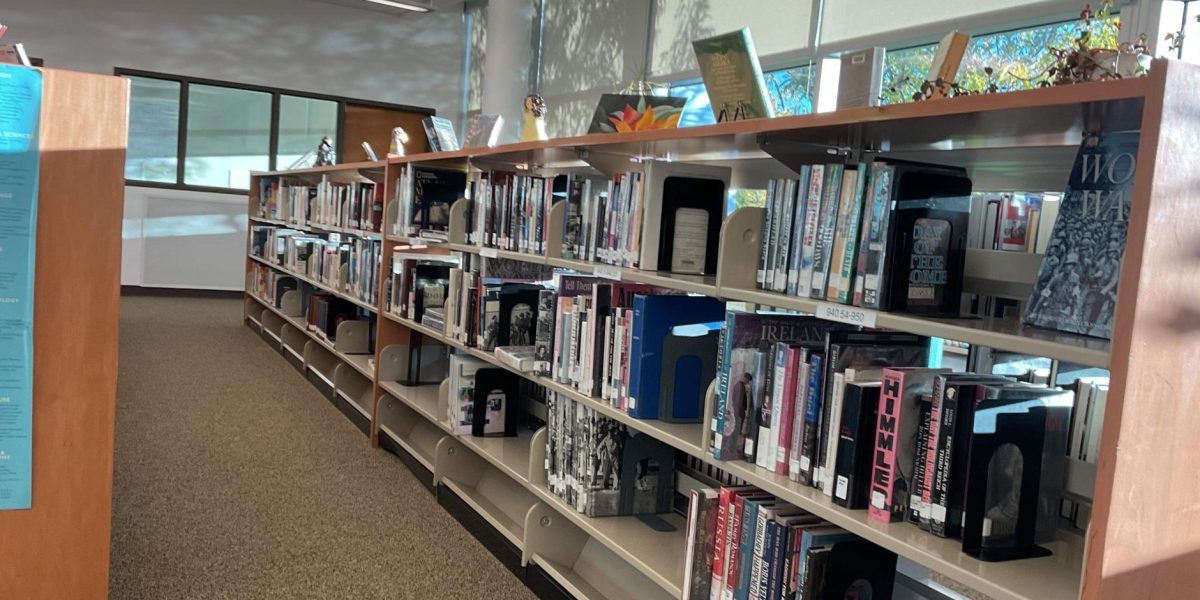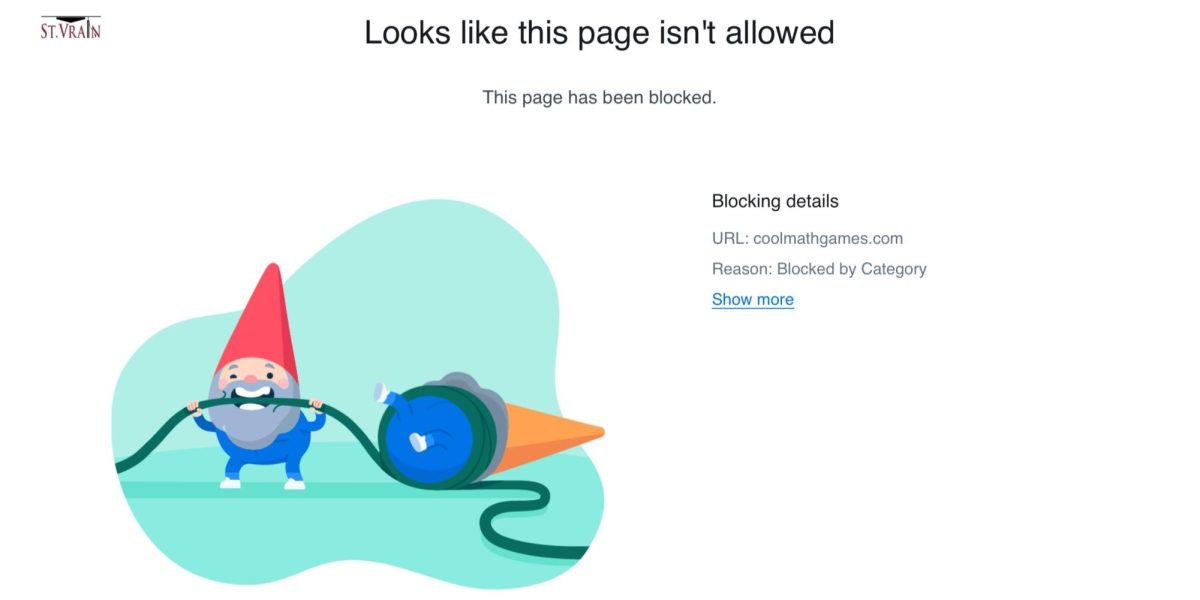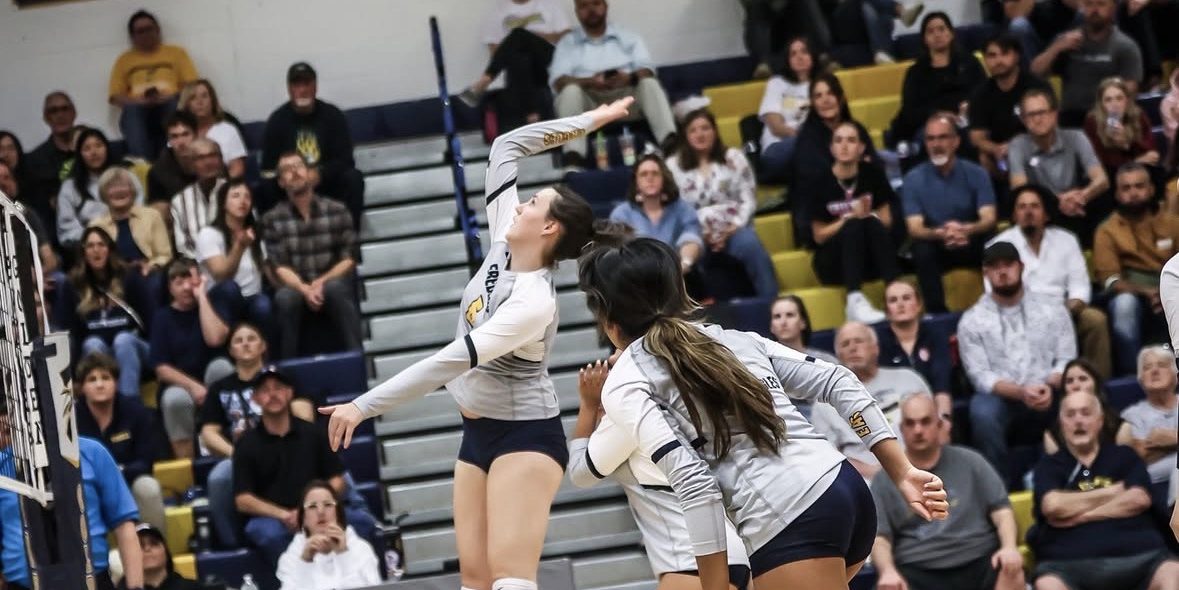Dealing with Difficult Teachers
Here’s how to get along with any teacher, from the strict graders to the non-communicators
November 2, 2022
We’ve all had that one teacher. The one that gets on our nerves. The one we can’t learn from. The one we can’t believe got a job working with teens, and that baffles us when other people say they love their class.
A hard truth is that, while every teacher wants every student to succeed, not every student gets along with every teacher. Sometimes it’s a matter of attitudes clashing, while other times it comes down to a teaching style or expectations that just don’t click.
At the end of the day, students and teachers have to deal with each other no matter how much they don’t match up.
Here are some of the types of teachers that students have a hard time learning from and how to make a connection with those teachers.
Starting off, there’s the over-critical teacher: This teacher often criticizes students, and constantly focuses on the negatives instead of the positives. What they think are jokes are often taken badly or can be seen as hurtful.
There’s the know-it-all teacher: These teachers are harsh graders and think theyre always right. With these type of teachers, its easy to feel discourgaged in their class. Your best bet is to talk to these type teachers and to try and apply yourself more in the class.
Another difficult teacher is the buddy-buddy teacher: this teacher is the teacher who only talks to their favorites. They don’t really help students, and they never address issues in class.
There is the disengaged/distracted teacher: It’s obvious these teachers don’t want to be there. They take forever to grade, and it seems like they’re more focused on personal life. With these teachers, it can be hard to learn the course material. Learning course information could be really important knowledge if you plan on moving on to another class that builds onto that class. You can also talk to these teachers but it wont help as much. It’s good to make friends in their classes and talk to them and unfortunately you will probably have to do a lot of studying on your own.
One tip is to change your perspective on the situation. You are not going to like everyone you come across, so try to focus on learning in their classroom. If it is hard to learn from your teacher, then you might need to do some extra studying on your own. But, if the problem is affecting your grade then you should bring it up to your counselor or your parents.
If the teacher is affecting your learning and grades it might be helpful to just talk to them. You can talk to them about why it’s hard for you in their class, and they might appreciate you for talking to them about it. The teacher might realize how their behavior is negatively affecting you and possibly some other classmates, and change. If talking to them doesn’t help, you can talk to your counselor. Your counselor could help you find coping mechanisms to deal with the teacher and maybe switch you out, but don’t always expect your counselor to reassign you to a different teacher.
The next tip is to apply yourself. This doesn’t mean sucking up but it means trying to be more punctual, turn in your work on time, and participate more in class. If it seems like your teacher doesn’t like you then try to apply yourself and it might improve your relationship with them.
Another beneficial piece of advice is to talk to your friends and peers that are also in that class. You can see how they feel about the teacher and the methods that they use to deal with them. With this tip, you’re able to get insight into how others feel about the teacher and how they’re succeeding in the class. It can also be good to vent to them about how this teacher makes you feel. Friends can be great listeners, offer you good advice, and be quite comforting.
Difficult teachers can cause students to experience setbacks in their learning, so we must learn to avoid this. Setting yourself up for success in your education is really important and making sure we are learning all the information we are supposed to, is necessary. Annoying teachers can be frustrating but, with the right strategies, it should be no problem for you to thrive.















































